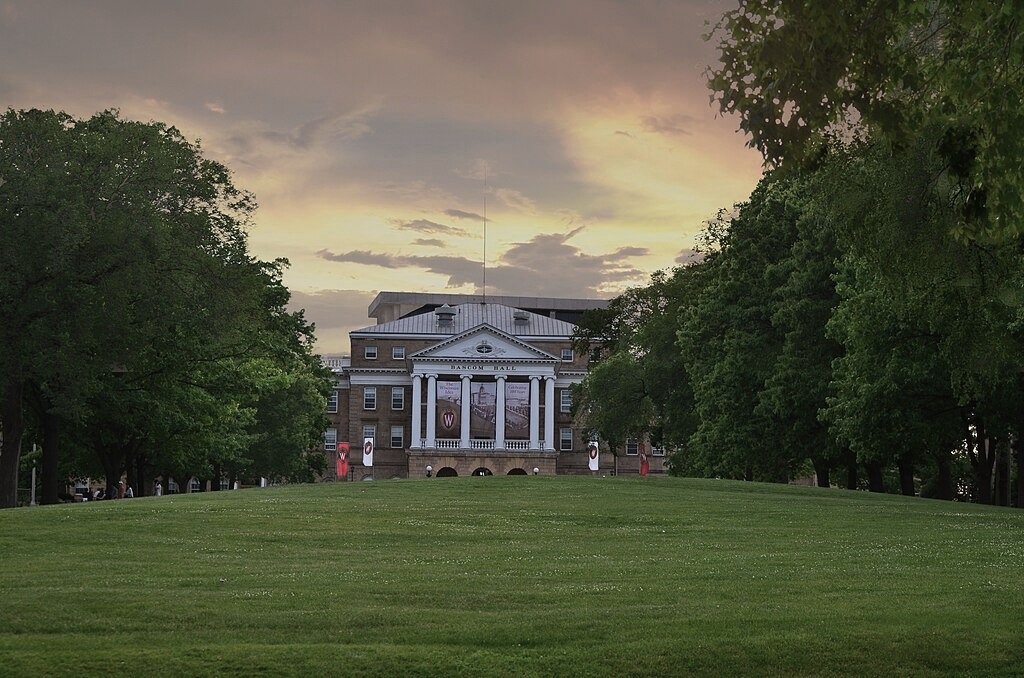
The Fat Girl Marches on Selma - Part I
In the spring of 1965 when the problems in Selma erupted, my college friend, Audrey Lazlo, and I packed overnight bags and hopped on one of the buses leaving for the beleaguered city. Participating in the march on Selma, albeit mostly from the kitchen of a church in D.C., was one of the great distinctions of my life. Not only because race relations were high on my list of concerns, but also because soon after, Audrey disappeared for a month. We never found out exactly what happened, but this was a time when women lived in a climate of fear and suspicion when it came to women’s healthcare, something women feel in red states now, 60 years later.
THIS IS PART 1 of a THREE-PART NONFICTION STORY
with new episodes published on Tuesdays and Thursdays
One of the great distinctions of my life was participating in the march on Selma in the spring of 1965. Let me say from the start that that statement is more than a little misleading. First, while race relations were high on my list of concerns, I wasn’t a very political person. Second, the bus I was on was rerouted to Washington D.C., and I never actually set foot on the ground in Selma. At the time, I was in my sophomore year at the University of Wisconsin, an extremely studious young woman whose main goal was to have a straight A average and the hell with everything else, including boyfriends, parties, shopping for clothes, going to the movies. Put simply: I was a grind.
I had graduated from a tiny high school in Manhattan (there were twenty-one in my senior class) and had neither the temperament nor the personality to be in a large state university. But I didn’t realize that at the time, and was hungry for change. What would it be like to be hidden in a crowd, one of many instead of one of a very visible few? My first choice had been Bennington College where I had been turned down because, they said, my essays made me appear too neurotic, so I decided to opt for the opposite – a school of nearly fifty thousand. (I was accepted at Bennington the following year, but, after much thought, turned them down.) Because I was from out-of-state, I was assigned to a private dorm, a place called Campus Hall that was filled with Jewish girls from New York, Philadelphia, Chicago. It was a low-slung building on a tree-lined street, unprepossessing and a little dark. As I was unpacking my bags on the first day, there was a knock on the door and a young woman whose name I later learned was Suzi Marker poked her head in, asking if I’d like to join her for dinner.
My roommate hadn’t arrived yet. I went with Suzi to the carpeted living room where we were to have a meeting before dinner.
A few people away from us sat an extremely fat girl. Not just fat: obese. I studied her out of the corner of my eye: her body seemed to spill in all directions, hair a thatch of brown matted curls, face pasty white and blobby – and very, very intelligent.
“See that woman?” Suzi whispered in my ear. “I could never be friends with someone like that.”
Those words, so judgmental and arrogant, were words I would never forget. Because the obese woman, whose name was Audry Lazlo, would become Suzi’s lifelong, closest friend. In fact, for the rest of their days, they would be more like sisters than friends, traveling the world together, setting up homes in distant countries, sharing every secret, every inch of their lives.
Cover photo: Bascom Hall, Madison, WI

